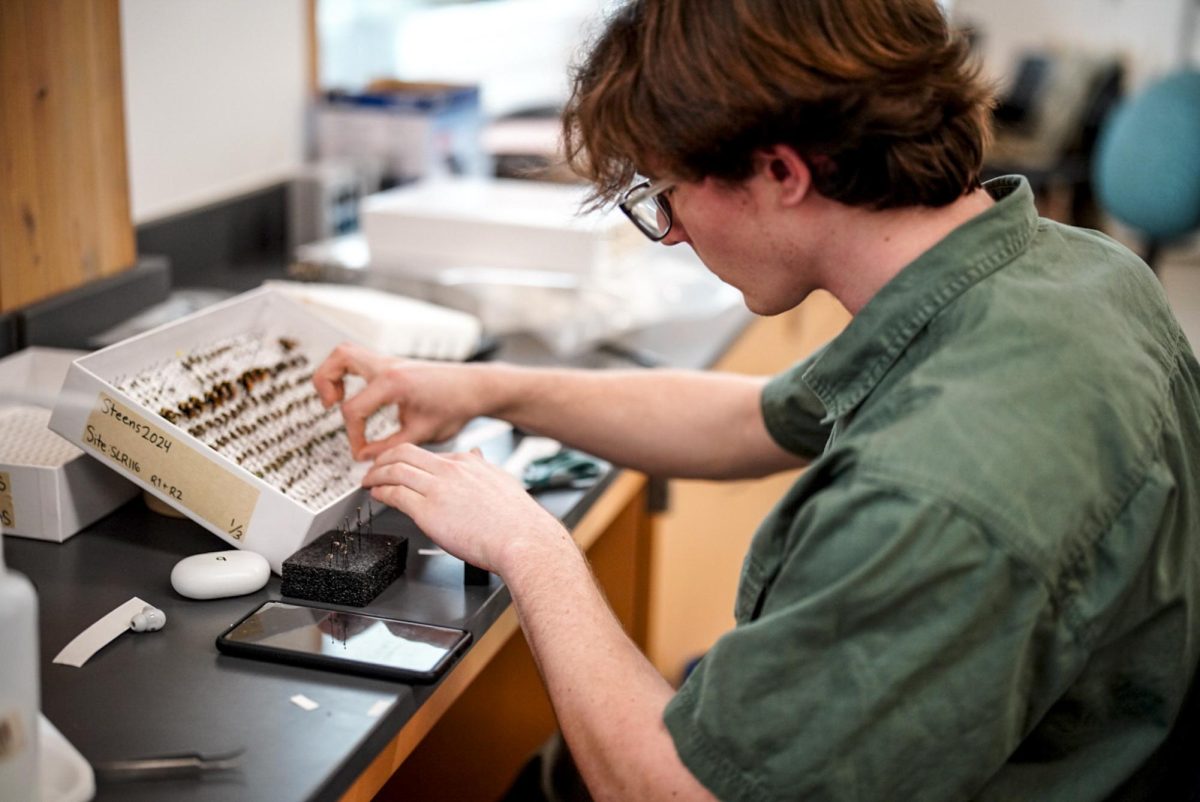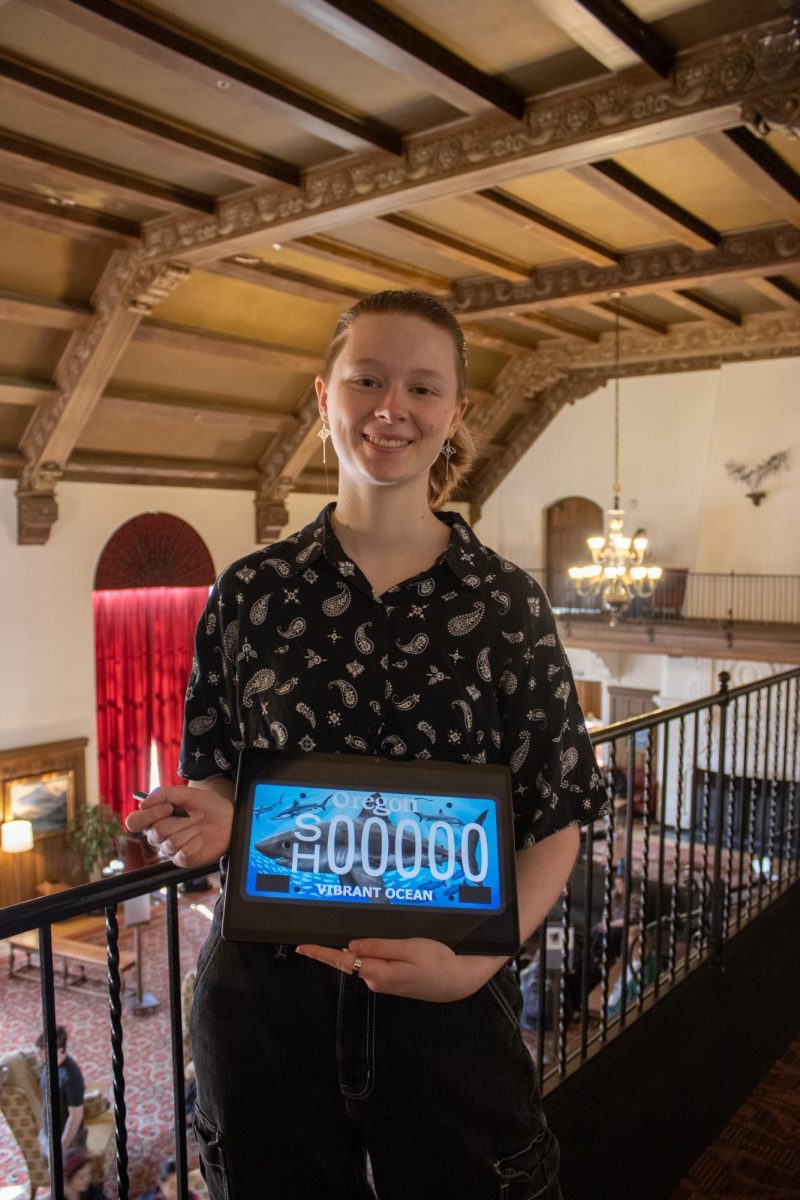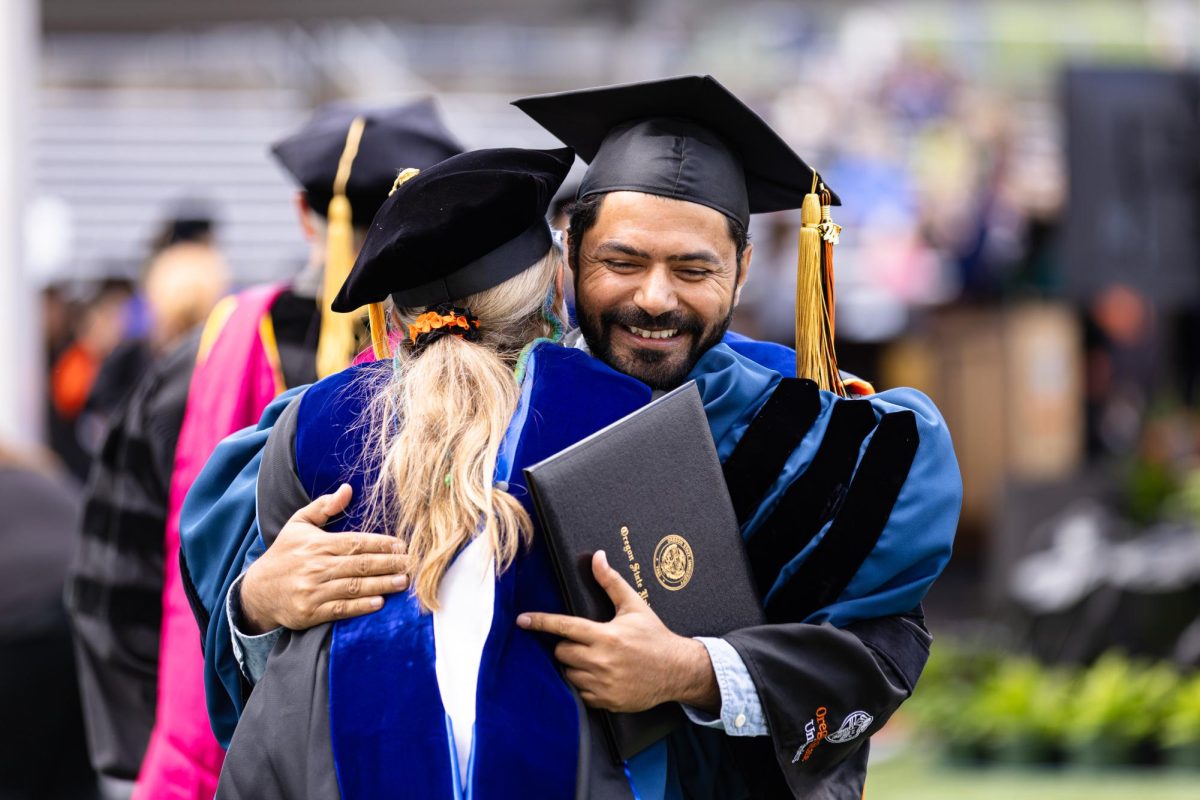A recent deluge of executive orders from the Trump administration regarding federal funding for university research projects has left many researchers, such as Jack Barth, a professor in the Oceanography department at Oregon State University, stuck in the middle.
As these executive orders make their way through the court system amid lawsuits, with many of the orders being blocked from coming into effect, uncertainty over funding for current and future research projects has left many researchers at OSU and across the United States concerned for the future of science.
Barth has been working on projects using underwater robot gliders to measure critical data in the ocean for over 20 years.
Measurements taken constantly by a dozen or so gliders are essential for weather models, monitoring harmful algae blooms, understanding ocean acidification and providing other information needed by coastal communities and fisheries.
Barth has concerns that the funding for the research could be at risk due to it being primarily from grants given by federal agencies. “We’re seeing agencies get cautious. They’ll say, ‘Hold on a minute, we have to respond to these requests from higher up to see what we are doing with these dollars,’” Barth said.
According to Barth, he has yet to lose any grants, however, seeing hesitancy from government agencies to dole out money for already awarded funds in the news and from colleagues is a concern.
Barth is also concerned about collaborative research with federal agencies, where some researchers in their probationary period have been let go, and ocean research missions on vessels that have been canceled due to funding.
“It just makes people uncertain,” Barth said.
According to Katy Kavanagh, the associate dean of research for the College of Forestry, several researchers in her college have received stop-work orders — which immediately stop grant funding from being spent.
“Luckily, we haven’t received too many of those to date. We have received several that have asked us to review the text and the duties in the grant and asked for modifications in those. Most of those have opened up again,” Kavanagh said.
Another concern for the college is continuing resolution in the congressional budget, which has led to money that was supposed to be put in researchers’ accounts for projects that are already underway remaining unallocated.
Kavanagh explained that federal funding is invested into stipends and salaries for technical staff, graduate students and faculty. Kavanagh also noted that it covers costs for conducting fieldwork, such as equipment, lodging and travel.
“That kind of strikes right at the heart of the relationship. So that makes it so that people are worried. Because most of that money is money that gets invested in people and students,” Kavanagh said.
Even with the uncertainty, Kavanagh has faith that the government will pay their researchers, however, she has seen the trust from other colleagues diminish to some degree.
Barth is also worried about the potential of losing funding needed to pay for young scientists, who need training that can take years to acquire.
“The grants are how we fund the hardware, but is less important than the people,” Barth said. “There is a whole generation of young scientists that are getting started with their careers. You can’t just lop off people from the bottom without consequences.”
Both Kavanagh and Barth noted that the Division of Research and Innovation has helped navigate uncertainty with recent federal measures, reviewing funding-related documents that researchers have been sent, analyzing recent federal executive orders and judicial rulings, and maintaining a webpage to provide information to researchers.
According to a “Transition in Government Administration and Agency Leadership” work group, “The Division of Research and Innovation is in regular contact with the university’s community of researchers and is helping principal investigators with their communications with funding agencies and with plans on how to respond should court decisions affect their funding.”
The TGAAL work group also notes that researchers have applied for over 400 grants over the first two months of the year and emphasizes that research projects have not stopped.
“The faculty are still submitting grants, they are still hopeful that things will normalize and that we’ll be able to continue into the future. That’s just the optimistic component of being a researcher,” Kavanagh said. “I think many of them have lost that trust, and they would gladly regain it.”







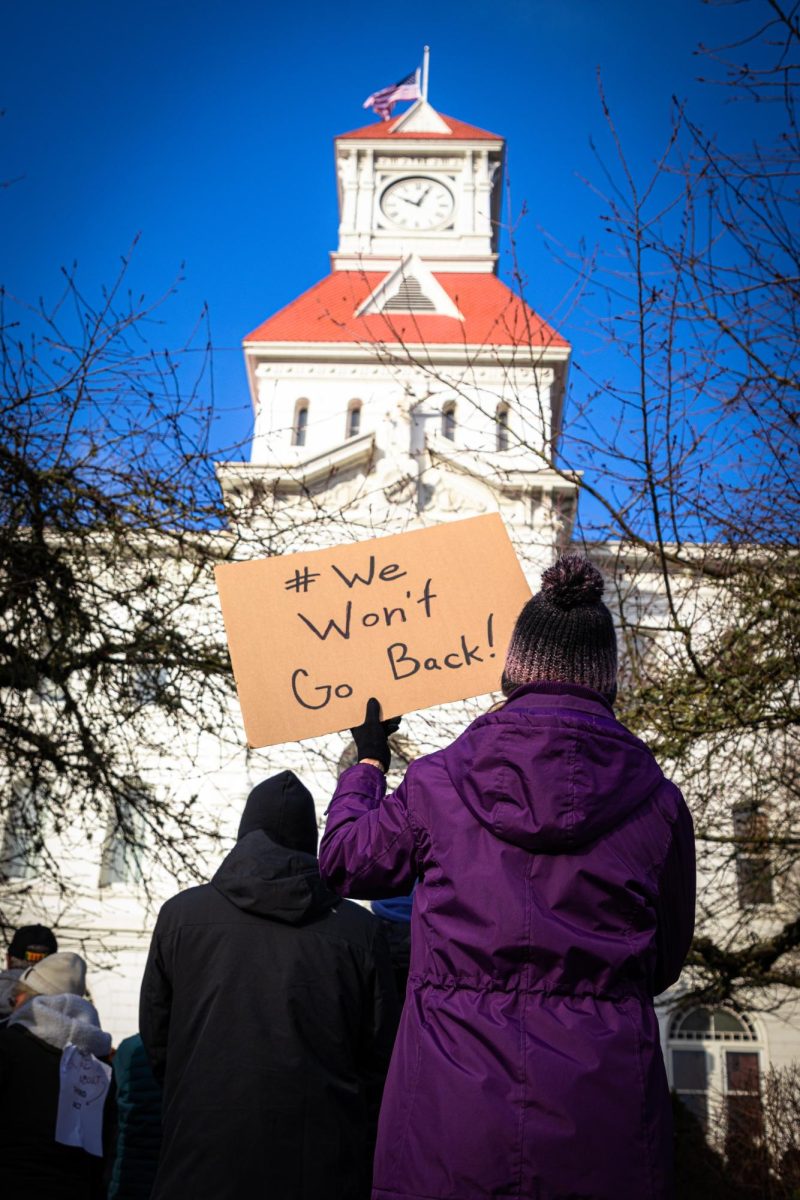

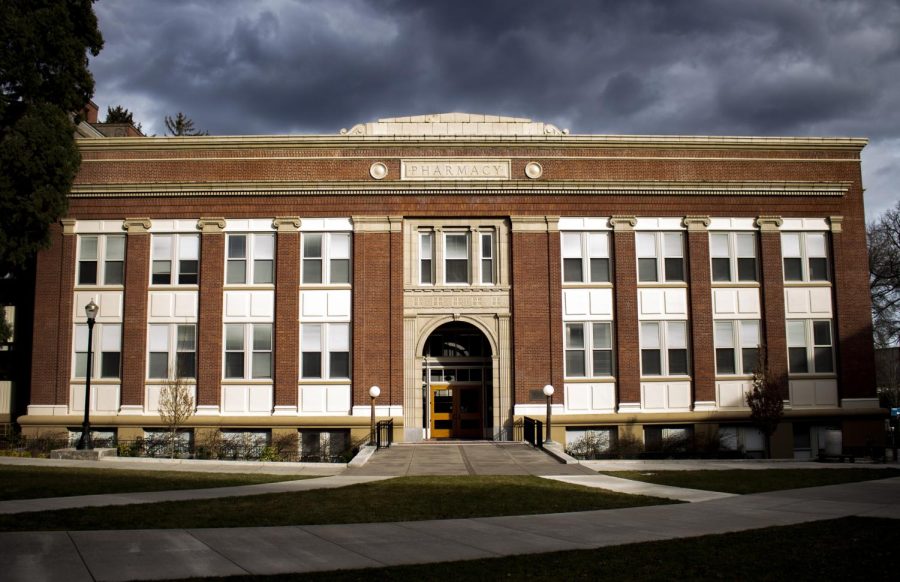
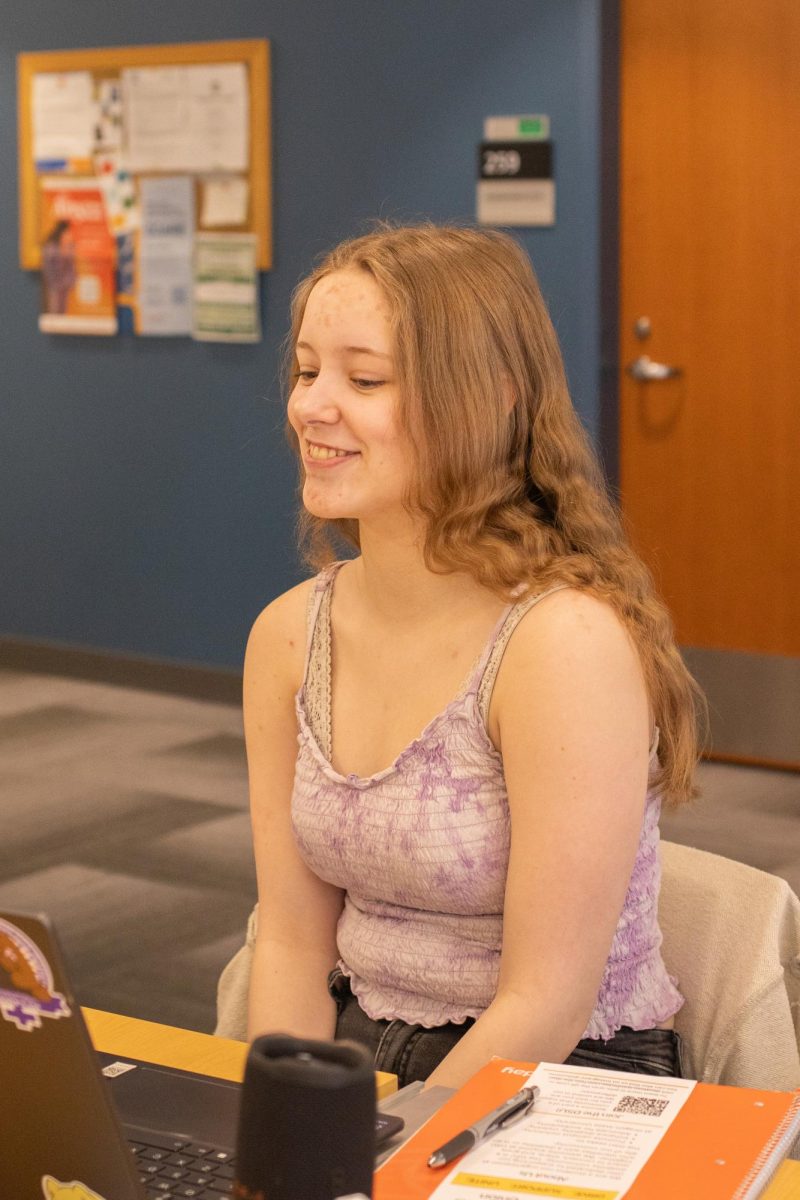
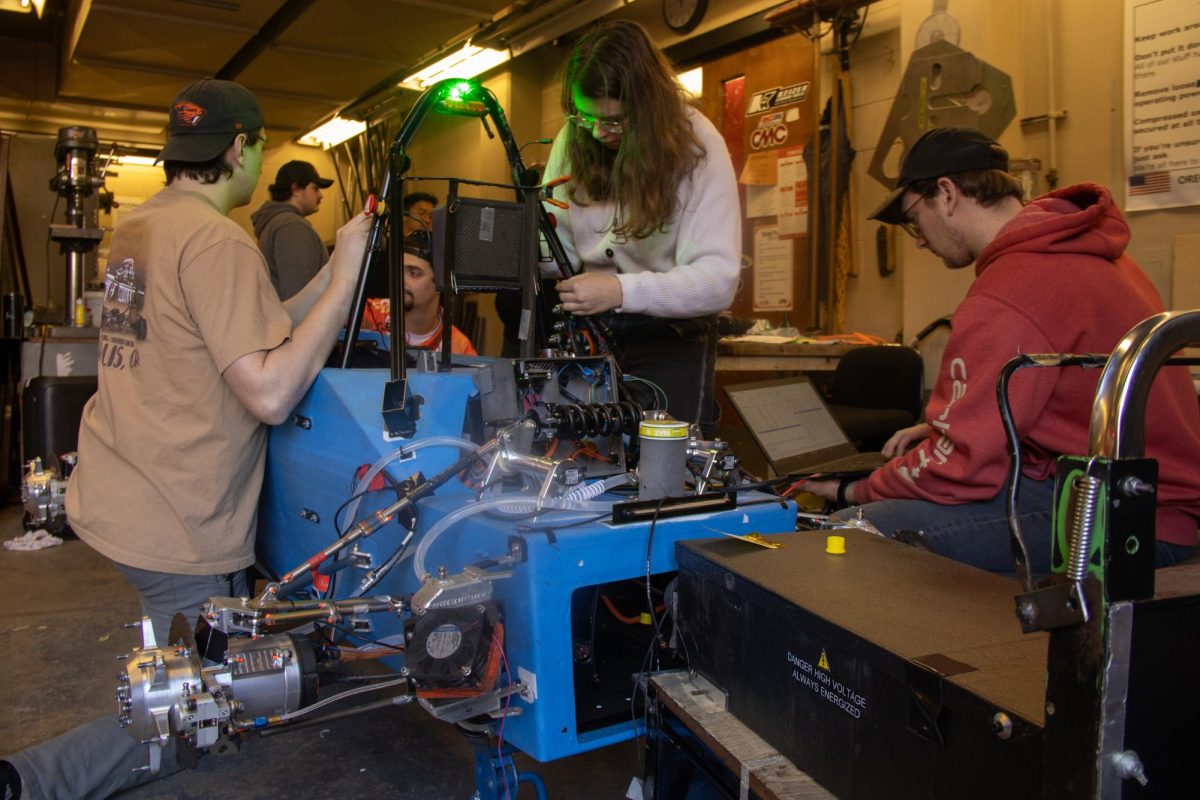
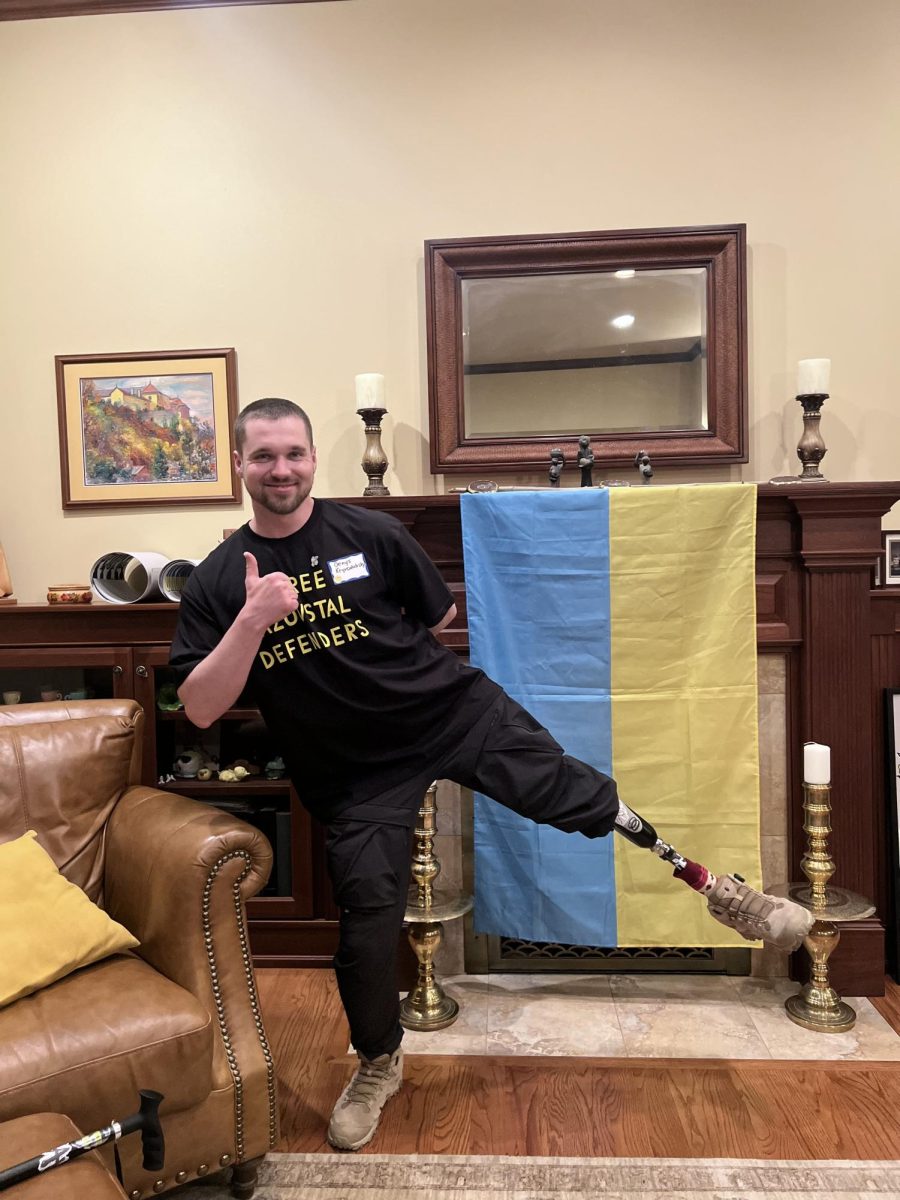


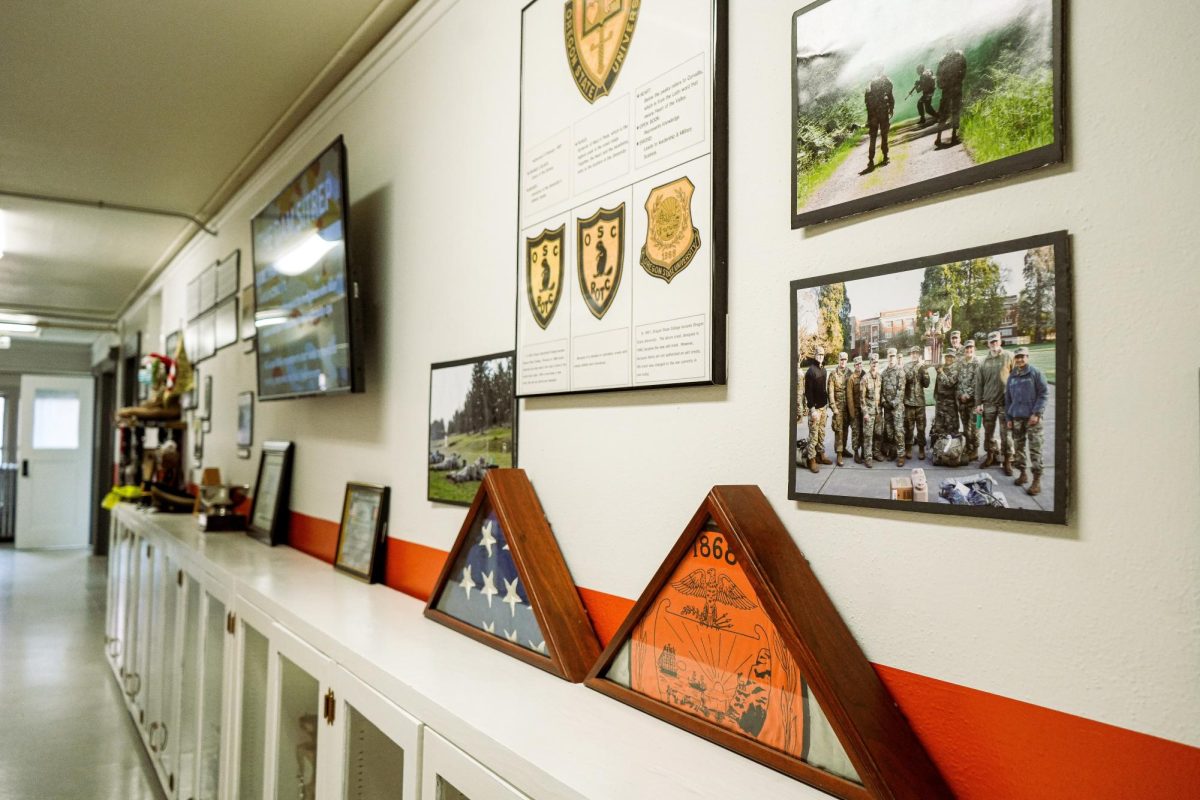










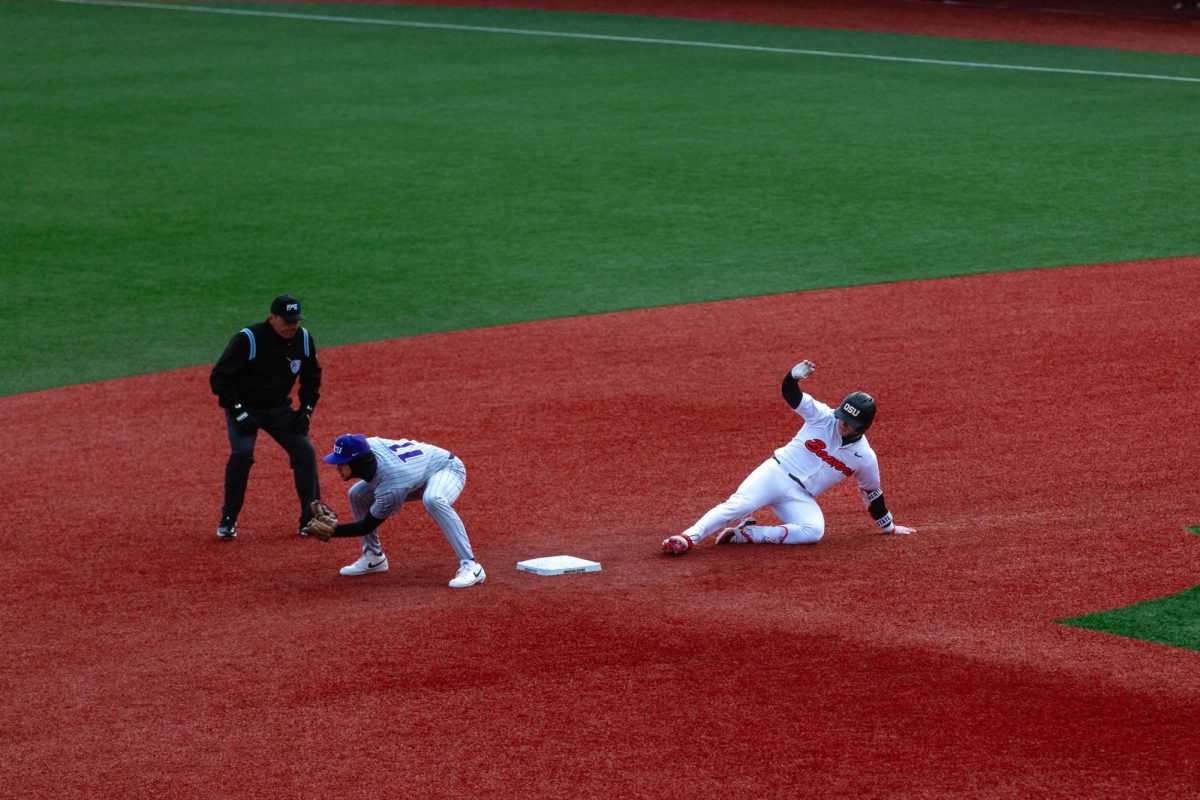
























































![Newspaper clipping from February 25, 1970 in the Daily Barometer showing an article written by Bob Allen, past Barometer Editor. This article was written to spotlight both the student body’s lack of participation with student government at the time in conjunction with their class representatives response. [It’s important to note ASOSU was not structured identically to today’s standards, likely having a president on behalf of each class work together as one entity as opposed to one president representing all classes.]](https://dailybaro.orangemedianetwork.com/wp-content/uploads/2025/03/Screenshot-2025-03-12-1.00.42-PM-e1741811160853.png)























